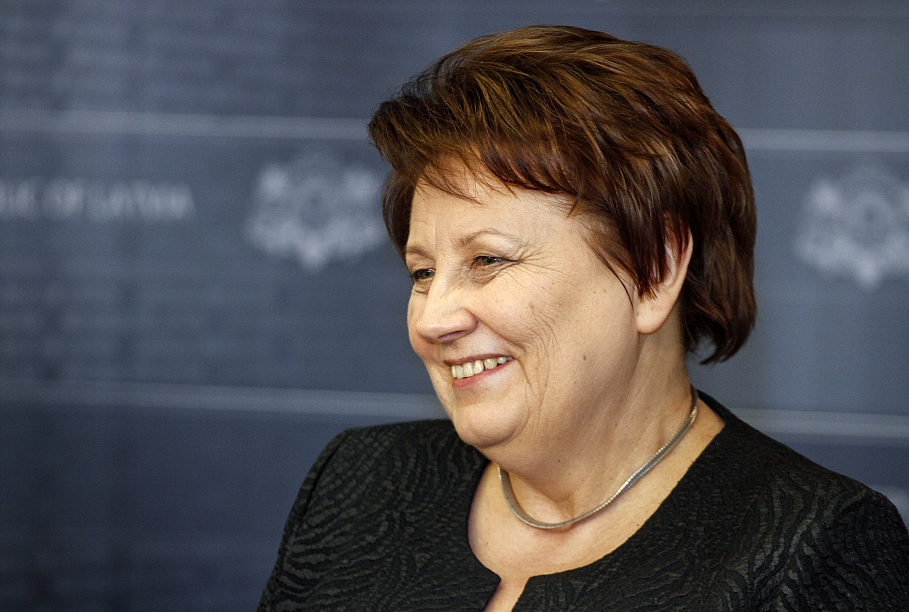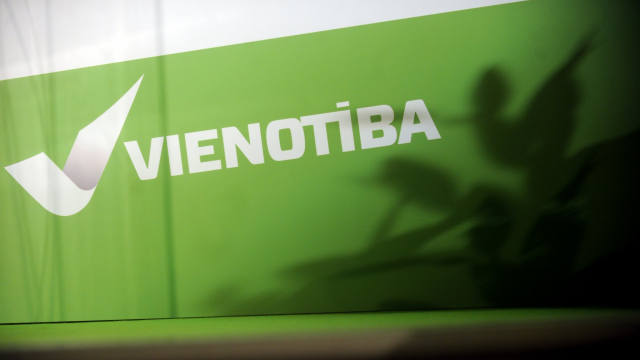"I'm considering this option. There has to be a new generation [of politicians] to come," Straujuma said, asked whether she might retire from politics.
She allowed that if Unity asks her to remain she might still run, but that remains to be seen.
"There have been several project offers to me. And we'll see what are the needs of Unity," she said.
Straujuma resigned from her post of Prime Minister in late 2015 after a period of increasing disputes within the ruling coalition. She resigned saying that "new people with new ideas are needed" and claimed she was tired of political infighting.
Straujuma assumed the post on January 22, 2014 and was in office until February 2016. She joined Unity only after she was cast as candidate prime minister by the party.
She took over after Valdis Dombrovskis resigned following the collapse of the Maxima supermarket at Zolitūde and had to weather the country through increased foreign threat following Russia's occupation of Crimea and a Europe going through a migrant crisis. She was able to continue as PM after the October 2014 parliamentary elections.
She had previously served as Minister of Agriculture (2011-2014), Secretary of State at the Environment Ministry (2007-2010) as well as Secretary of State at the Agriculture Ministry (2000-2006).
Pointedly, Straujuma was the first female to become Prime Minister of Latvia.
Ever since her resignation, Unity has been anything but unified. Its dithering over naming a candidate to succeed Straujuma saw Maris Kucinskis of the Green and Farmers Union become prime minister instead and the party's poll ratings have plummeted.
Yet just a year before, Unity was riding high after successfully helping to oversee Latvia's six-month presidency of the European Union.





























